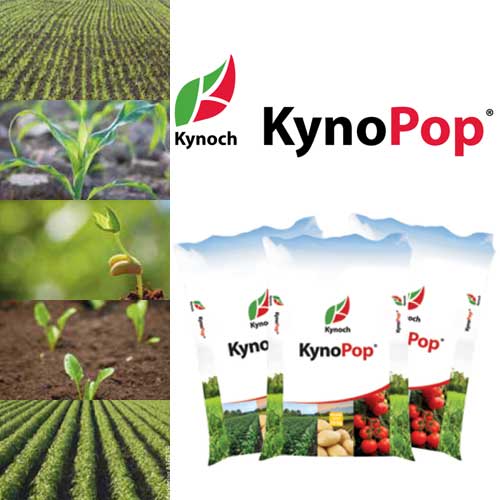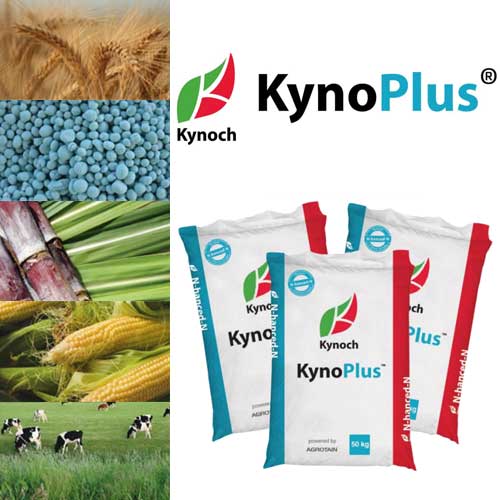
Soil Health and Fertiliser
05/08/2024
Enhancing your soil solution
29/08/2024Thriving as a Small-Scale Farmer in South Africa: Tips and Strategies for Success
Small-scale farming is a vital component of South Africa’s agricultural sector, providing employment, income, and food security for many rural communities. However, small-scale farmers face numerous challenges, including limited resources, poor market access, and climate change. These challenges can hinder their ability to produce high-quality crops, access markets, and generate sufficient income. In this article, we will explore the common challenges faced by small-scale farmers and provide tips and strategies for overcoming them.
Overcoming Common Challenges
Small-scale farmers face several challenges that can hinder their success. These include limited resources and funding, poor market access and infrastructure, climate change and weather variability, limited access to technology and expertise, soil degradation and poor soil health, and limited access to credit and financial services. To overcome these challenges, small-scale farmers can adopt several strategies, including diversifying their crops and income streams, hiring necessary implements or machinery, establishing offtake agreements with local supermarkets, seeking expert advice and support from Kynoch Fertilizer, joining local agricultural associations and cooperatives, and attending farmers’ markets and industry events. By adopting these strategies, small-scale farmers can improve their productivity, efficiency, and profitability.
Financial Management and Access to Funding
Effective financial management is crucial for small-scale farmers. This includes keeping accurate records of income and expenditure, exploring funding options such as government grants, loans, and crowdfunding platforms, developing a comprehensive business plan, accessing credit and financial services, and managing cash flow and debt. Small-scale farmers must also ensure that they have a good credit history, as this will enable them to access funding and credit facilities. Additionally, they must be able to manage their finances effectively, including budgeting, saving, and investing.
Best Practices for Small-Scale Farming
Adopting best practices is essential for small-scale farmers to improve their productivity and efficiency. These include crop rotation and intercropping, mulching and minimum tillage, integrated pest management and conservation agriculture, soil sampling and fertilisation, irrigation management, and livestock management. Small-scale farmers must also ensure that they are using the latest technologies and techniques, such as precision agriculture and digital tools, to improve their farming practices. By adopting best practices, small-scale farmers can improve their yields, reduce their costs, and increase their profitability.
Building Relationships with Local Supermarkets
Establishing strong relationships with local supermarkets can ensure a stable market for produce. This includes attending farmers’ markets and industry events, joining local agricultural associations and cooperatives, engaging with supermarket buyers and managers, meeting quality and safety standards, and providing consistent and reliable supply. Small-scale farmers must also ensure that they are able to meet the demands of local supermarkets, including providing high-quality produce, meeting delivery deadlines, and providing accurate documentation. By building strong relationships with local supermarkets, small-scale farmers can ensure a stable market for their produce.
Soil Health and Fertility
Soil health is critical for small-scale farmers. Kynoch Fertilizer’s soil sampling and recommendations can help improve soil fertility, structure, and overall health. Small-scale farmers must also ensure that they are using the correct fertilisers and soil conditioners, as this will enable them to improve their soil health and fertility. Additionally, they must be able to manage their soil effectively, including conserving soil moisture, reducing soil erosion, and promoting soil biodiversity. By improving their soil health and fertility, small-scale farmers can improve their yields, reduce their costs, and increase their profitability.
Climate-Smart Agriculture
Small-scale farmers can adapt to climate change by implementing climate-smart agriculture practices such as conservation agriculture, agroforestry, integrated pest management, irrigation management, and weather insurance. These practices can help small-scale farmers to reduce their vulnerability to climate change, improve their resilience, and increase their profitability. Small-scale farmers must also ensure that they are able to access weather insurance and other climate risk management tools, as this will enable them to manage their climate-related risks effectively.
Accessing Markets and Selling Produce
Small-scale farmers can access markets and sell produce effectively by attending farmers’ markets and industry events, joining local agricultural associations and cooperatives, engaging with supermarket buyers and managers, meeting quality and safety standards, and providing consistent and reliable supply. Small-scale farmers must also ensure that they are able to meet the demands of local supermarkets, including providing high-quality produce, meeting delivery deadlines, and providing accurate documentation. By accessing markets and selling produce effectively, small-scale farmers can increase their income and improve their livelihoods.
Record-Keeping and Data Analysis
Accurate record-keeping and data analysis are essential for small-scale farmers to track their progress, identify areas for improvement, and make informed decisions. Small-scale farmers must keep records of their income and expenditure, crop yields, soil health, and weather patterns. They must also be able to analyse their data to identify trends, challenges, and opportunities. By keeping accurate records and analysing their data, small-scale farmers can improve their productivity, efficiency, and profitability.
Technology in Small-Scale Farming
Technology can improve efficiency and productivity in small-scale farming. Small-scale farmers can use digital tools such as farm management software, precision agriculture, and mobile apps to improve their farming practices. They can also use technology to access markets, sell produce, and connect with other farmers. By adopting technology, small-scale farmers can improve their yields, reduce their costs, and increase their profitability.
Success Stories and Case Studies
Small-scale farmers who have adopted the tips and strategies outlined in this article have seen significant improvements in their productivity, efficiency, and profitability. One notable example is Sfiso Mbhense from the Umzimkhulu area, who grows maize on his 5ha land. By diversifying his crops, improving his soil health, and accessing markets effectively, Sfiso has increased his yields and improved his livelihood.
Conclusion
Small-scale farmers play a vital role in driving the South African economy, despite facing numerous challenges. By adopting best practices, seeking expert advice and support, and accessing markets and funding, small-scale farmers can overcome their challenges and thrive. Kynoch Fertilizer is committed to supporting small-scale farmers and helping them to improve their productivity, efficiency, and profitability.
Contact Kynoch Fertilizer for Expert Advice and Support
Credit: Thabani Mvelase, Kynoch Agriculturist in KZN and Eastern Cape region.
For more information and expert advice, contact Kynoch Fertilizer at 011 317 2000 or visit our website for more information www.kynoch.co.za











.png?v=1594369838025?v=1594369838026)